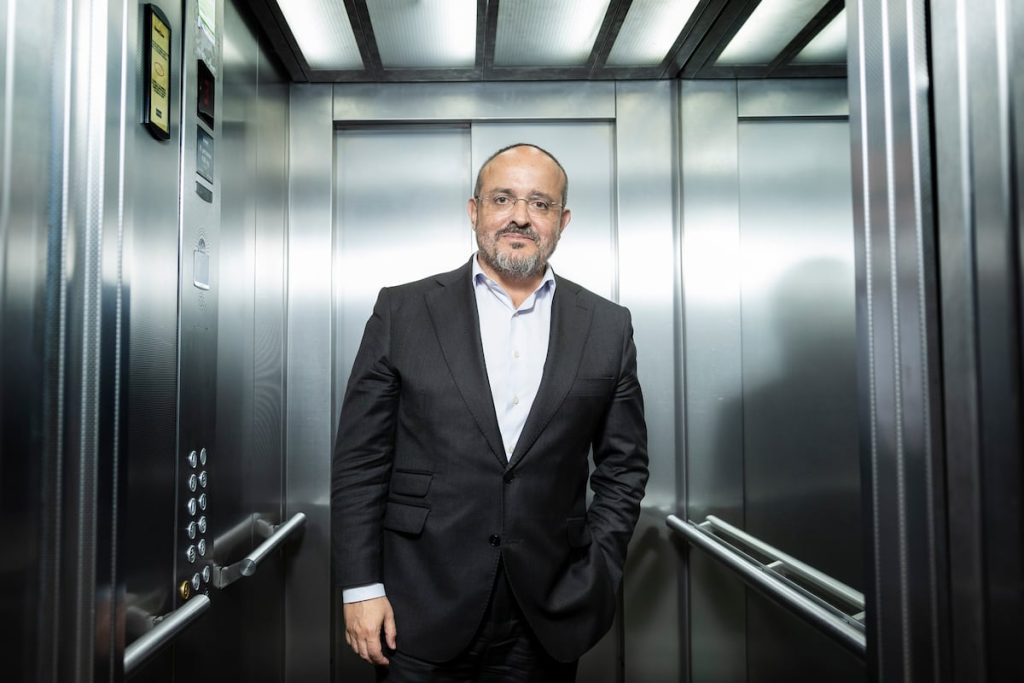Alejandro Fernández, popular candidate, faces the 12-M elections with all the polls in his favor and warning that he will not give his votes to socialist Salvador Illa for him to then hand over the Govern to Junts and ERC. Alejo Vidal-Quadras, former president of the party, praised Fernández, saying that the Catalan PP is presenting a candidate this time who is solid. Fernández affirms that he is focused on the campaign and is not thinking about whether he will present his candidacy for re-election. He believes that the PP is the political force that will grow the most in the upcoming elections, as shown by the notable growth in previous municipal and general elections.
Fernández states that their main adversary in Catalonia is the separatism and the left that supports it. He criticizes the socialist party for resuscitating Puigdemont and giving oxygen to ERC, perpetuating the process of secession. He emphasizes that the main problem in Catalonia is that the separatist movement has not ended, with ERC and Puigdemont pushing for a new independence referendum and a declaration of independence. He remains adamant that the votes of the PP will not be used to hand over the government to the separatists, urging Illa to break all agreements with the separatist parties.
Fernández also comments on the controversial decision by Pedro Sánchez to implement a five-day reflection period before the elections, criticizing it as an insult to the intelligence of the voters. He accuses Sánchez of focusing on personal matters rather than addressing the real issues facing Catalonia, such as water management and the potential restrictions that four million Catalans may face this summer. He believes that Sánchez’s actions demonstrate authoritarian tendencies and populism.
Regarding his support for the interconnection of basins to address the issue of drought, Fernández defends his position based on recommendations from engineering and economic associations. He also advocates for the construction of the Hard Rock megacasino, comparing it to the success story of Port Aventura. He dismisses concerns about potential gambling addiction, arguing that the project will boost tourism and create jobs.
Fernández highlights the disastrous management of the Catalan government under the pro-independence movement, citing high rates of squatting, poor education and public safety records, and a lackluster approach to water management. He contrasts this with the economic success of Madrid, emphasizing the importance of freedom, moderate taxes, legal certainty, and political stability. He rejects the idea of fiscal dumping by regions, stating that each region should have the autonomy to set its tax policies. He remains optimistic about the future of Catalonia and rejects the notion of repeat elections, focusing on building a strong team and working towards a better future for the region.















